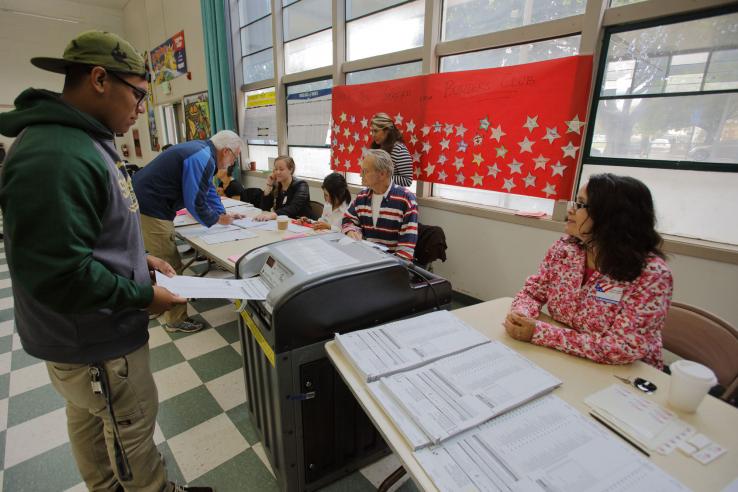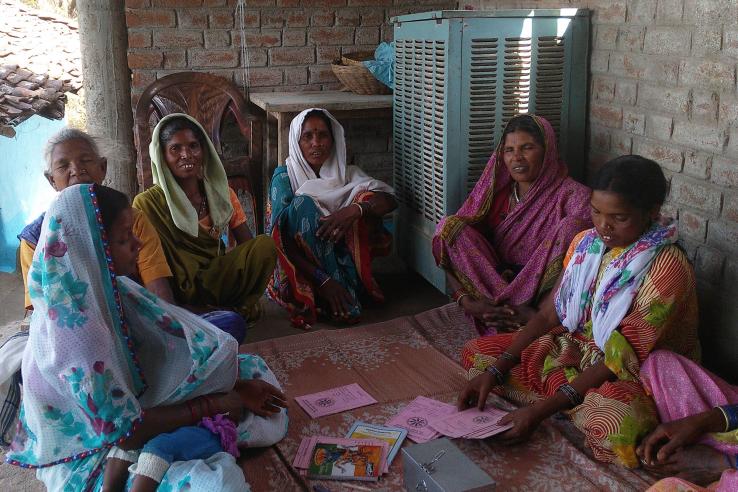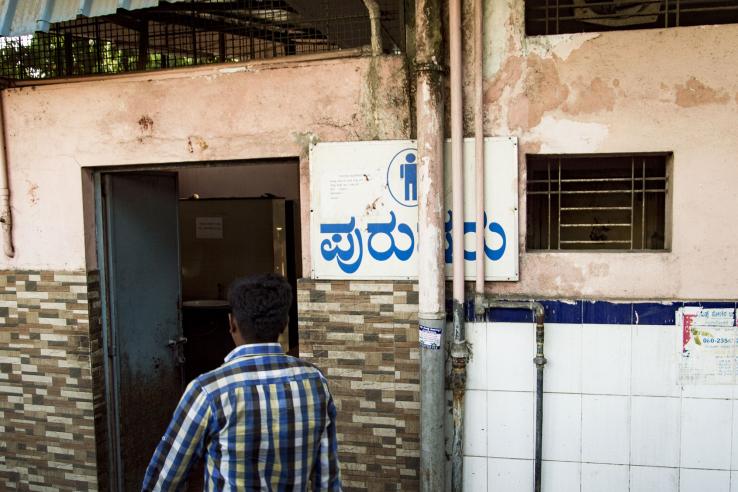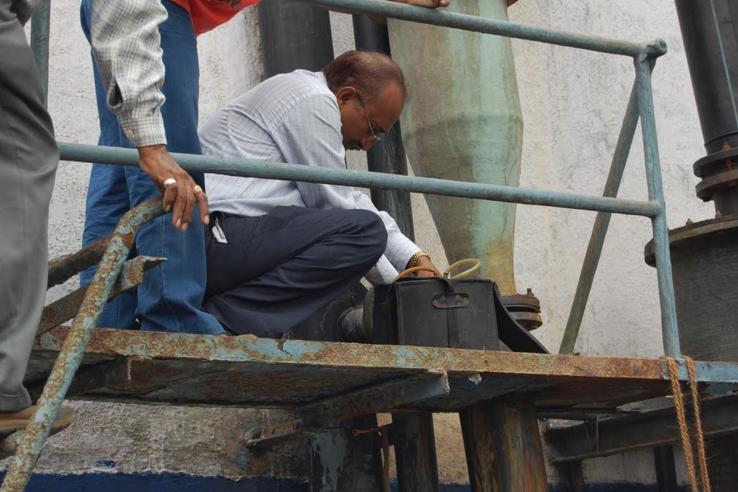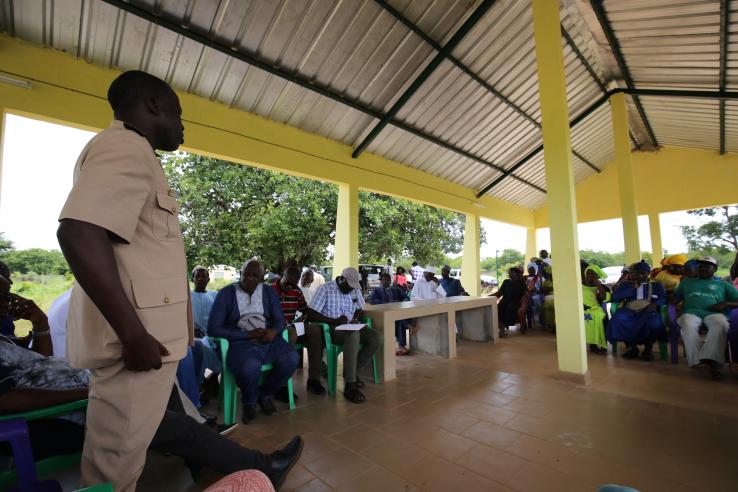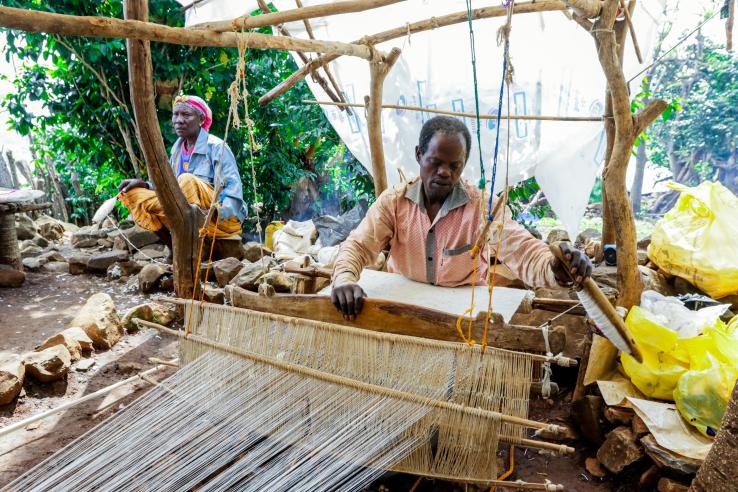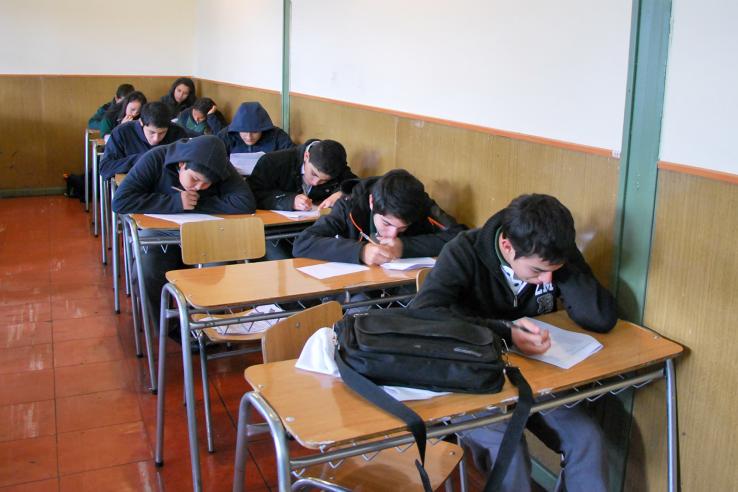Displaying 4186 - 4200 of 8489
Evaluation
Researchers tested the impact of non-partisan Spanish-language radio campaigns on Latinx voter turnout in the November 2006 congressional elections. These radio advertisements significantly increased Latinx voting rates.
Evaluation
In Ohio, researchers tested the effect of an informational mailing on the number of tax filers claiming the political contribution tax credit. They found that the campaign generated a moderate increase in the number of individuals claiming the credit, but at a cost of over US$2000 per filer.
Evaluation
In order to assess the effects of online advertising, researchers evaluated the impact of a high volume of Facebook advertising on name recognition and favorability of political candidates. E xposure to Facebook ads did not increase recognition of a candidate’s name or increase positive assessments of the candidate.
Evaluation
To study the effect of increased social pressure on turnout, researchers sent households one of four randomly selected mailings eleven days before Michigan’s August 2006 primary election. All four mailings increased turnout, but informing households of their neighbors’ past voting records raised turnout among registered voters by 8.1 percentage points, making the mailing about as effective as in-person canvassing.
Evaluation
Researchers studied the impact a quota system which randomly assigned villages in India to reserve village council positions for women. They found that quotas improved voters’ perceptions of the effectiveness of women as leaders and subsequently improved women’s electoral chances.
Evaluation
Researchers are evaluating the effect of improving communal toilet facilities, and implementing innovative systems for facility maintenance, on the use of community toilets in Orissa, India.
Evaluation
Researchers evaluated the impact of a reform to the pollution audit system in India, making auditors more independent, on the truthfulness of their reporting and the behavior of the firms they audited. Increasing their independence made them more likely to report the truth about industrial plants’ pollution levels.
Evaluation
Town hall meetings in Benin reduced the ability of the most popular presidential candidate in that village to garner political support using clientelist tactics, and still appear to be effective for motivating people to attend the polls.
Evaluation
Researchers examined whether individuals gave more after receiving information about a charity’s impact. They found that providing potential donors with rigorous evidence about a charity’s effectiveness increased the likelihood of giving to a major U.S. charity for large prior donors, but decreased the likelihood of giving for small prior donors.
Evaluation
Researchers conducted a randomized evaluation in Ethiopia, Tanzania, and Zambia to measure whether generating social connections between manufacturing firm managers could lead to the diffusion and adoption of best business practices. These social interactions led to the spread of best practices related to business formalization, but did not increase the implementation of other practices that may boost business productivity.
Evaluation
Financial access in South Africa has expanded rapidly in recent years and policymakers have identified financial education as a means to improve financial literacy and inclusion. To test this, researchers evaluated the impact of a financial literacy workshop on miners’ financial understanding, behavior, and use of financial services.
